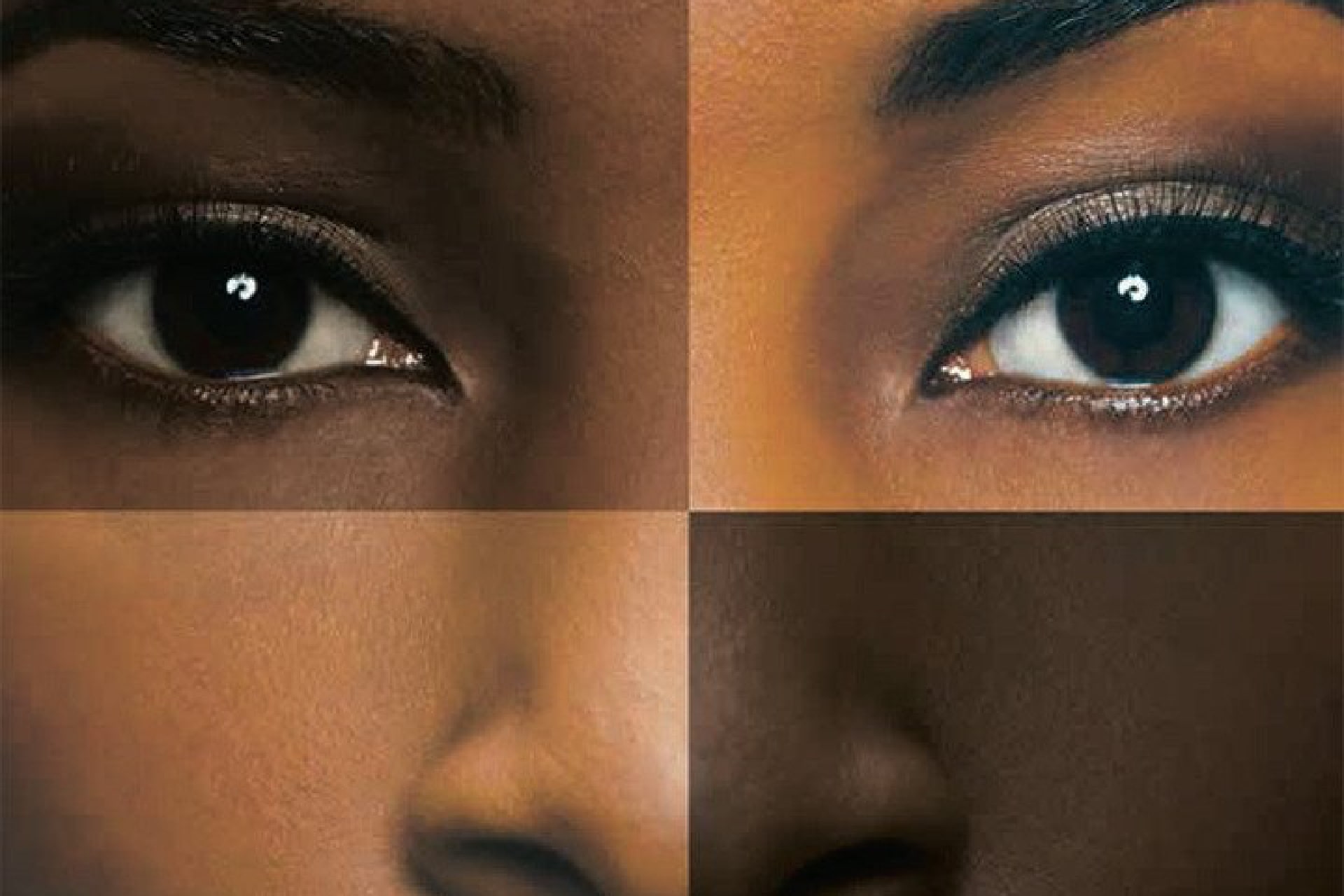As a child, the idea of colorism was one I couldn’t wrap my head around even if I tried.
I was an inquisitive child who couldn’t accept yes or no for an answer. I expected details. And so when my father gifted my sister and me a movie collection to keep us busy during one of the holidays, you can imagine my disbelief and utter confusion when I noticed none of the characters looked like me. Everyone I asked didn’t seem to have answers, they didn’t see a problem in the absence of people “like us”. That question remained embedded in my mind for years, and as I grew older, colorism in film and the entertainment industry became clearer and more vivid. I noticed that the lead singers in my favorite girl groups were lighter than the other members who would be confined to sing backup for the group’s lifespan. Or how black women in films were always the sidekicks or the friend who always follows the lighter, at times white main characters around. Perhaps I was too young to understand why, but the more I questioned the more I noticed that there were very few people like me who were doing amazing, groundbreaking things in the movies industry.
As a child, the idea of colorism was
one I couldn’t wrap my head around
even if I tried.
A decade later, equality and empowerment of the marginalized and the disempowered is the gospel on everyone’s lips. We seek a world where society sees beyond gender, or the color of our skin, where we are all entitled to equal representation in films and creative media. In a perfect world, I would be playing a lead role in a film, earning just as much (preferably more) than my light-skinned, equally abled counterparts. My skills would be acknowledged and appreciated without constantly referring back to the color of my skin, or how I probably got the opportunity out of pity. Pardon me for building castles in the sky, but in 2021, it has become increasingly difficult for people of color to receive the accolades and opportunities they deserve. I recently read a story where a dark-skinned character in a movie was photoshopped onto the back of the movie poster. An unwritten tradition, every year actors
and actresses call out the Golden Globes for its lack of diversity (read outright racism and colorism) in its nominations. Such stories continue to mark an industry that has existed for decades, yet has completely refused to liberate itself from its archaic beliefs.
I was an inquisitive child who couldn’t accept yes or no for an answer. I expected details. And so when my father gifted my sister and me a movie collection to keep us busy during one of the holidays, you can imagine my disbelief and utter confusion when I noticed none of the characters looked like me. Everyone I asked didn’t seem to have answers, they didn’t see a problem in the absence of people “like us”. That question remained embedded in my mind for years, and as I grew older, colorism in film and the entertainment industry became clearer and more vivid.
I noticed that the lead singers in my favorite girl groups were lighter than the other members who would be confined to sing backup for the group’s lifespan. Or how black women in films were always the sidekicks or the friend who always follows the lighter, at times white main characters around. Perhaps I was too young to understand why, but the more I questioned the more I noticed that there were very few people like me who were doing amazing, groundbreaking things in the movies industry.
To back my claims that many would consider farfetched, I did some research on the films that were released in recent years that featured dark skin leads. Many of them had dominant themes of slavery, violence, crime and propagated backward stereotypes that many still uphold on dark skin people. Out of that very short list I compiled, a few were lucky to be nominated for major awards, and even fewer managed to win any of those awards. Others will then argue and say awards don’t mean anything and we should not focus so much on validation. As a last resort, they will defensively reference Lupita Nyongo’s Best Supporting Actress award for Twelve Years A Slave. An actress, who was not only discriminated against in her own country based on her skin color but was also bullied simply because she was dark. So no, we will not allow you to claim her wins as a victory against your blatant refusal to acknowledge our talents and give us the recognition we deserve, Instead, her victory was a wake-up call to all who still believe that dark skin is inferior. Her victory was the beginning of our fight to be given these opportunities because we asked and no one listened. And most importantly, her victory was for us who lost our voices after we were rejected and silenced by those who didn’t see us worthy of the opportunities we sought.



